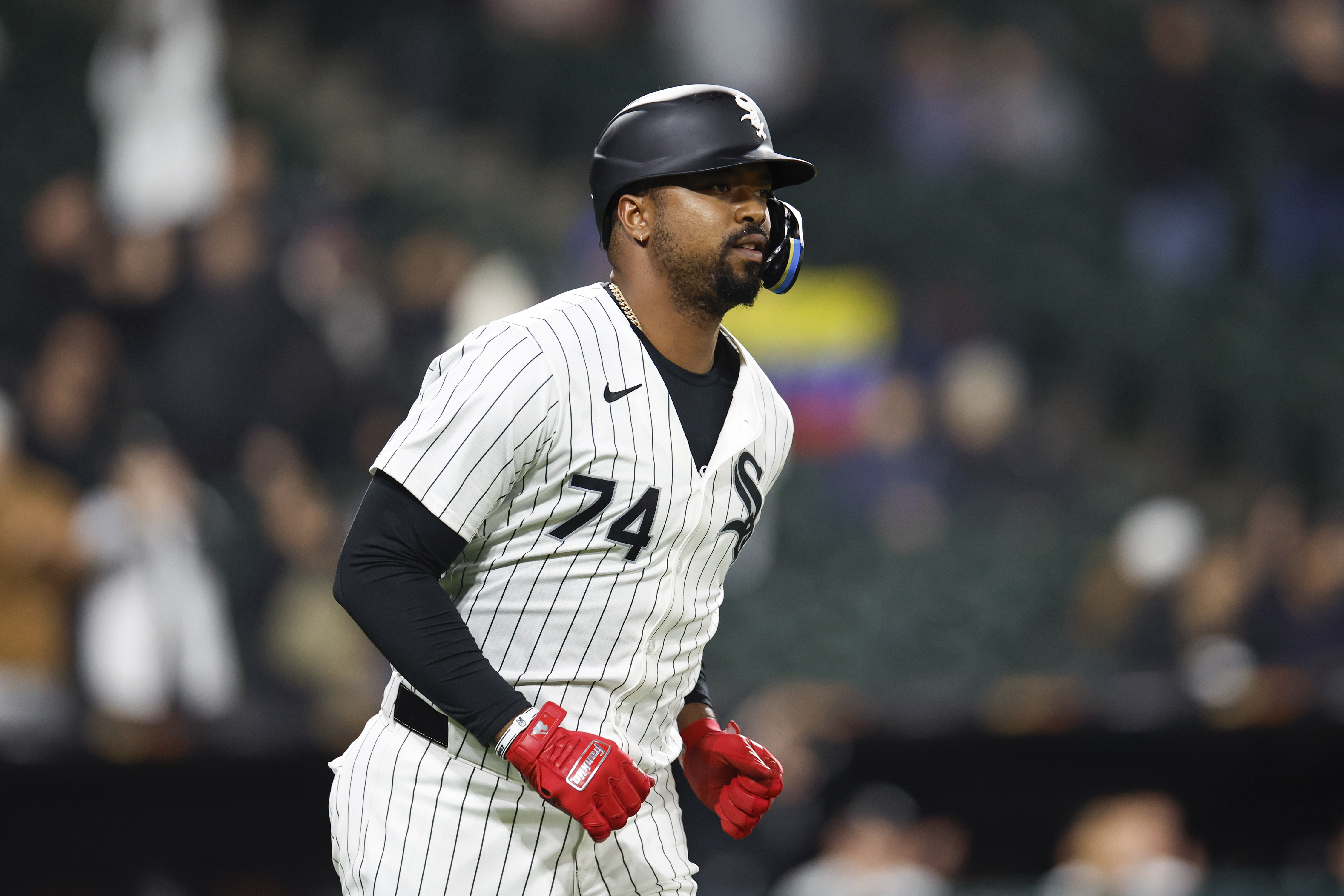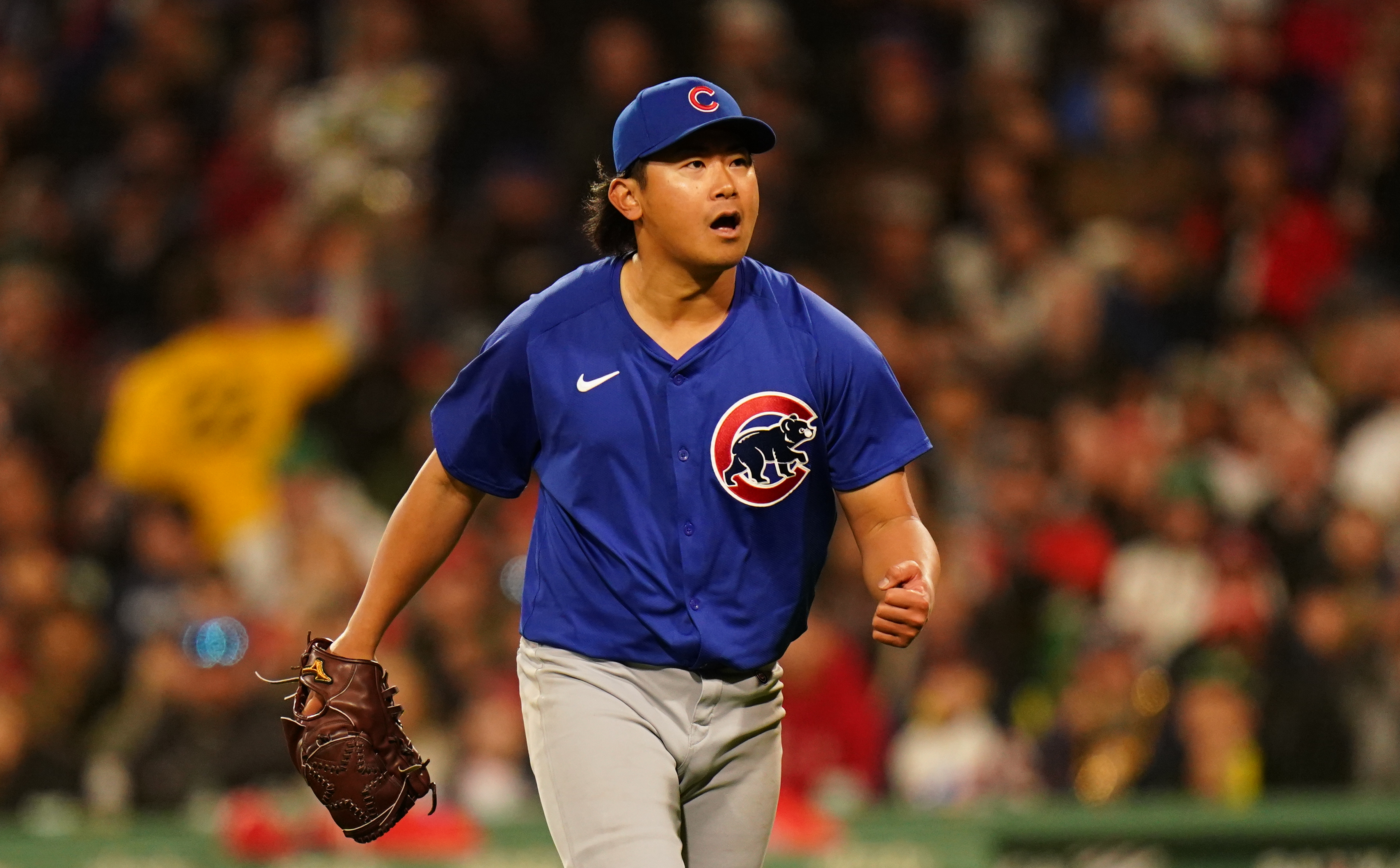Soldier Field ranks as one of the worst stadiums in the country when it comes to health inspection violations, according a new report.
ESPN’s Outside the Lines reviewed nearly 17,000 food-safety inspection reports for all 111 pro sports venues in North America for 2016 and 2017, ranking each stadium based on the results.
The review found that at 28 percent of the venues, half or more of their food-service outlets incurred a high-level violation, or one that poses a risk for foodborne illness.
Of the 107 stadiums ranked (four stadiums didn’t have enough data to be included), Soldier Field made the list at no. 91 with 59.52 percent of violations listed as “high-level.”
The report notes that in one inspection on Sept. 19, 2016, inspectors found concession stand workers weren’t maintaining proper cooling temps for food and a prep cooler registered at 53.3 degrees, instead of the minimum 40 degrees. In another incident, inspectors watched a cashier wipe her face with her hand before holding a cup with her fingers inside it. She also placed money on top of hot dog wrappers on a prep table.
In total, Soldier Field had 42 total violations reviewed, with 25 of them listed as high-level.
“Food safety is a top priority and fundamental to our business," Aramark, the concessionaire for Soldier Field, said in a statement. "In addition to working closely with local health departments, our commitment spans a comprehensive approach to training, briefing staff before every event, certified food safety coordinators on-site, regular and frequent audits and quality assurance assessments, and engaging independent auditors to evaluate our practices for an increased level of rigor. Any items noted during an inspection are quickly addressed and corrected. Our industry leading processes and practices ensure the food we serve is great-tasting, high-quality and safe, and we hold ourselves accountable for providing this vital assurance to our customers and consumers.”
Chicago Baseball
Similarly, Guaranteed Rate Field ranked at no. 87 on the list with 55.88 percent of violations considered high-level.
There, inspectors also found improper temperatures at a walk-in cooler, resulting in 30 pounds of food needing to be discarded. The stadium had 68 total violations, 38 of them high-level.
"The safety of our fans is always a top priority," the White Sox said in an emailed statement. "We work closely with our food service partners – Levy, Delaware North Sportservice – who we consider the very best in the business to provide a safe and enjoyable ballpark experience, which includes offering delicious food served to the highest quality standards.
"We rely on our partners to address any concerns expressed by health inspectors on the spot and to keep us informed of any concerns, as we all share a strong commitment to bringing our fans the best possible service. These specific instances from 2016 and 2017 were addressed and corrected at that time."
Wrigley Field was listed at no. 47, with 30.77 percent of violations listed as high-level.
"While we take issue with the report’s methodology and rankings based on available inspection reports, our hospitality partner Levy Restaurants works in collaboration with the local health department and employs third-party food service experts to ensure proper food service practices," the Cubs said in a statement. "Any time a concern is identified by the health department, Levy immediately corrects it and welcomes a return inspection to confirm their operations are in full compliance. Our ability to provide premium quality food and service to our fans is more important than a non-scientific poll ranking."
The United Center ranked among the best 20, coming in at no.11 with only 10 percent of violations being high-level. In total, the home of the Blackhawks and Bulls had 10 violations with just one of them being high-level.
The top-ranked stadium on the list was the Warriors’ Oracle Arena , which saw only one of 89 violations listed as high-level.
The lowest-ranking stadium on the list was Charlotte’s Spectrum Center, which had 92 percent of its violations considered high-level.



